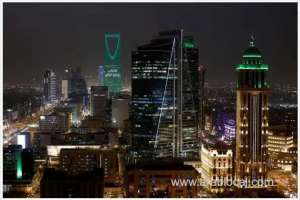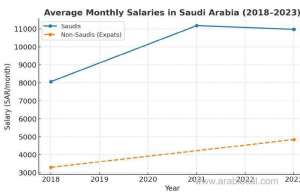The MC defamed a citizen and a Syrian resident after a court convicted them both of defrauding heavy equipment trade in Dammam.
There was a commercial cover-up (tasattur) in a contracting facility, where it was found that a resident was empowering a citizen to purchase heavy equipment at auctions and sell it to facilities and individuals.
Dammam Criminal Court issued a final verdict fining the violators SR400,000 and defaming them in the mass media at their expense.
Besides statutory penalties, the law imposes additional penalties, including closing the facility, liquidating the business, erasing the commercial registry, forbidding the operator from engaging in commercial activity in the future, and collecting zakat, fees, and other taxes.
Moreover, the court ordered the expatriate, who fled Saudi Arabia, to be blacklisted and banned from returning to Saudi Arabia.
An investigation revealed that a personal account was used to cover up transactions, including the transfer of huge amounts of cash outside the Kingdom. The expatriate's unusually high volume of financial transactions confirmed he was earning commission through the cover-up operation.
As a result of anti-cover-up laws, the accused were referred to the Public Prosecution and ultimately to the courts.
Modern mechanisms have been incorporated into the national program to combat cover-up in order to limit the sources of cover-up and eliminate the shadow economy. More than 20 government agencies are using artificial intelligence techniques, data analysis, and other methods to combat concealment.
Violators face harsh penalties, including five years in prison and a fine of SR5 million, as well as confiscation of illicit funds.







